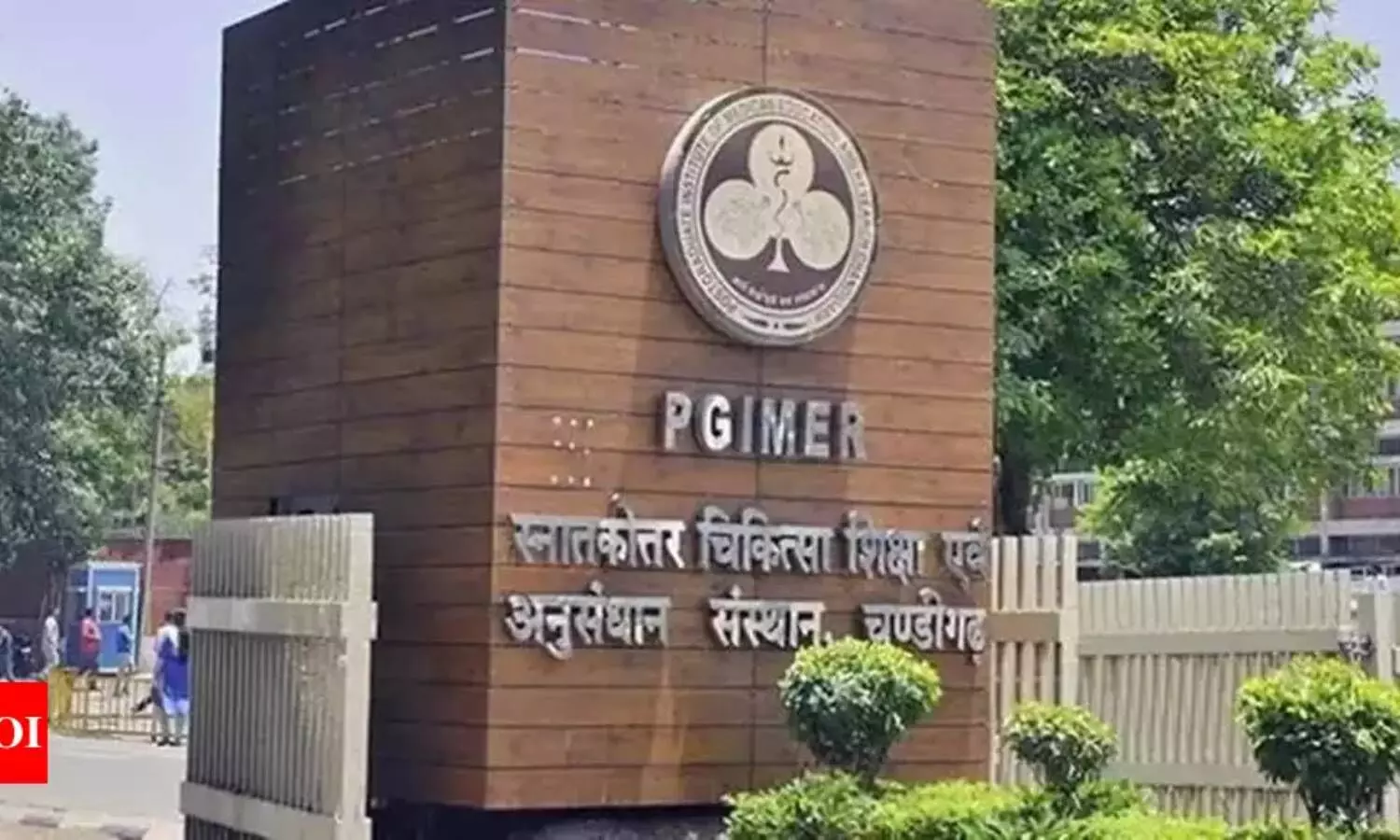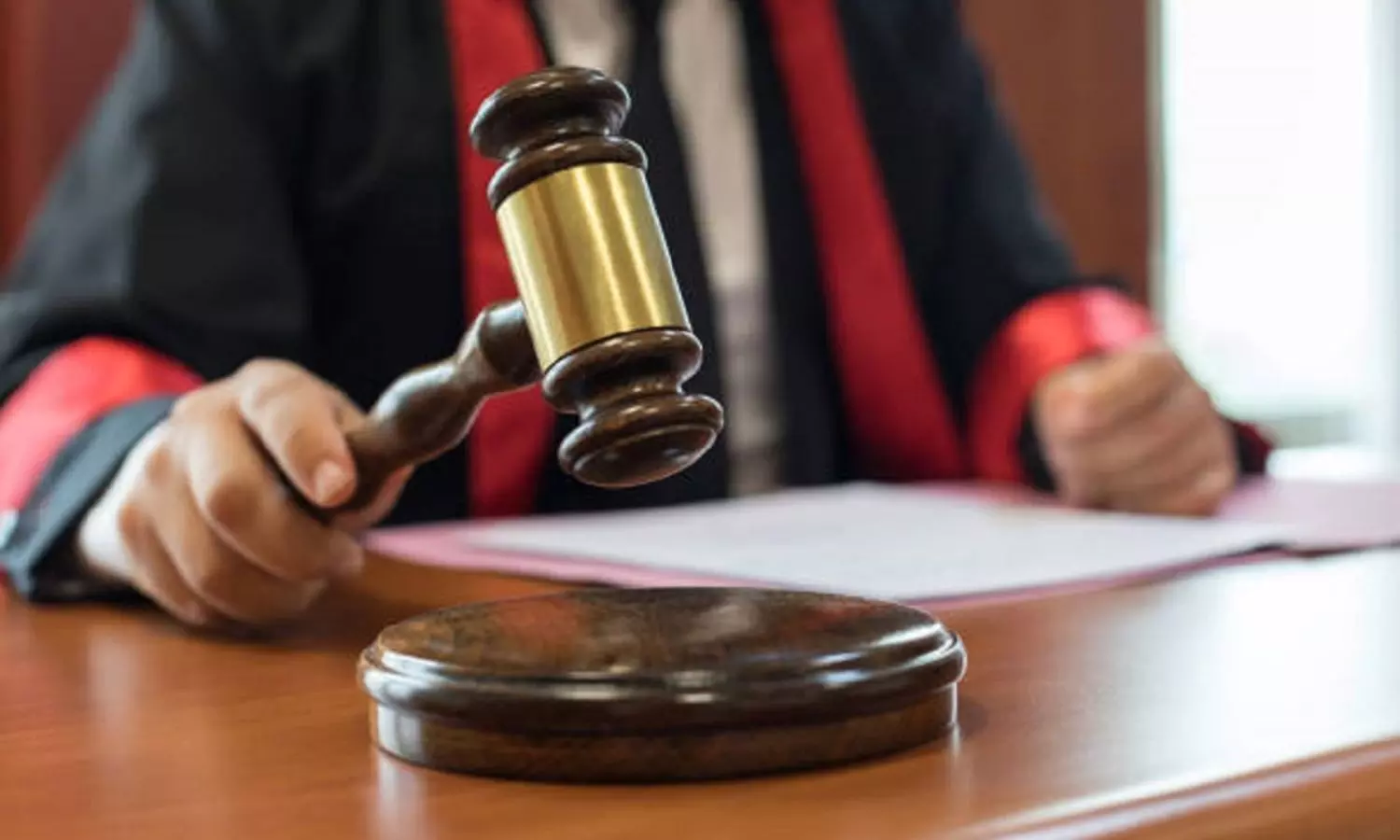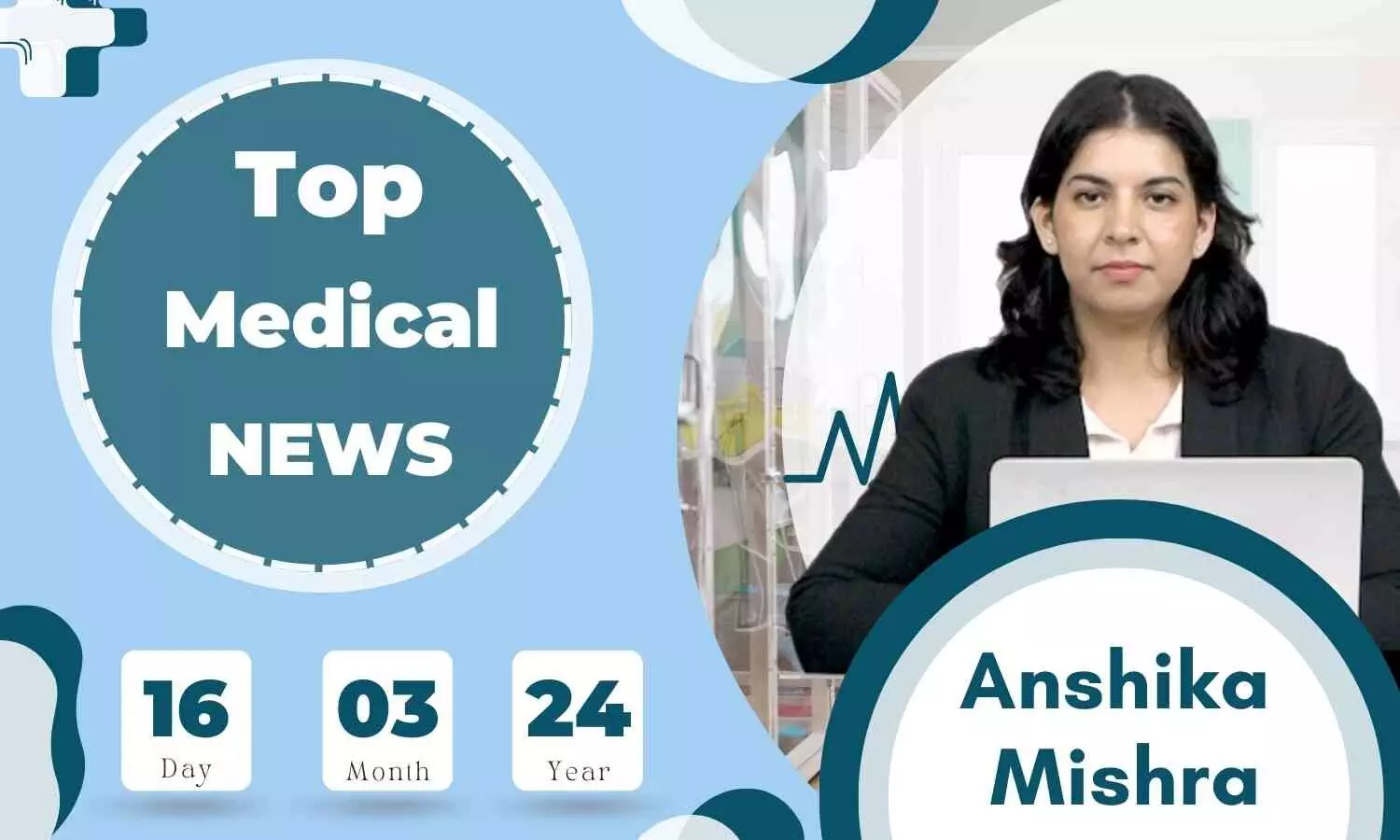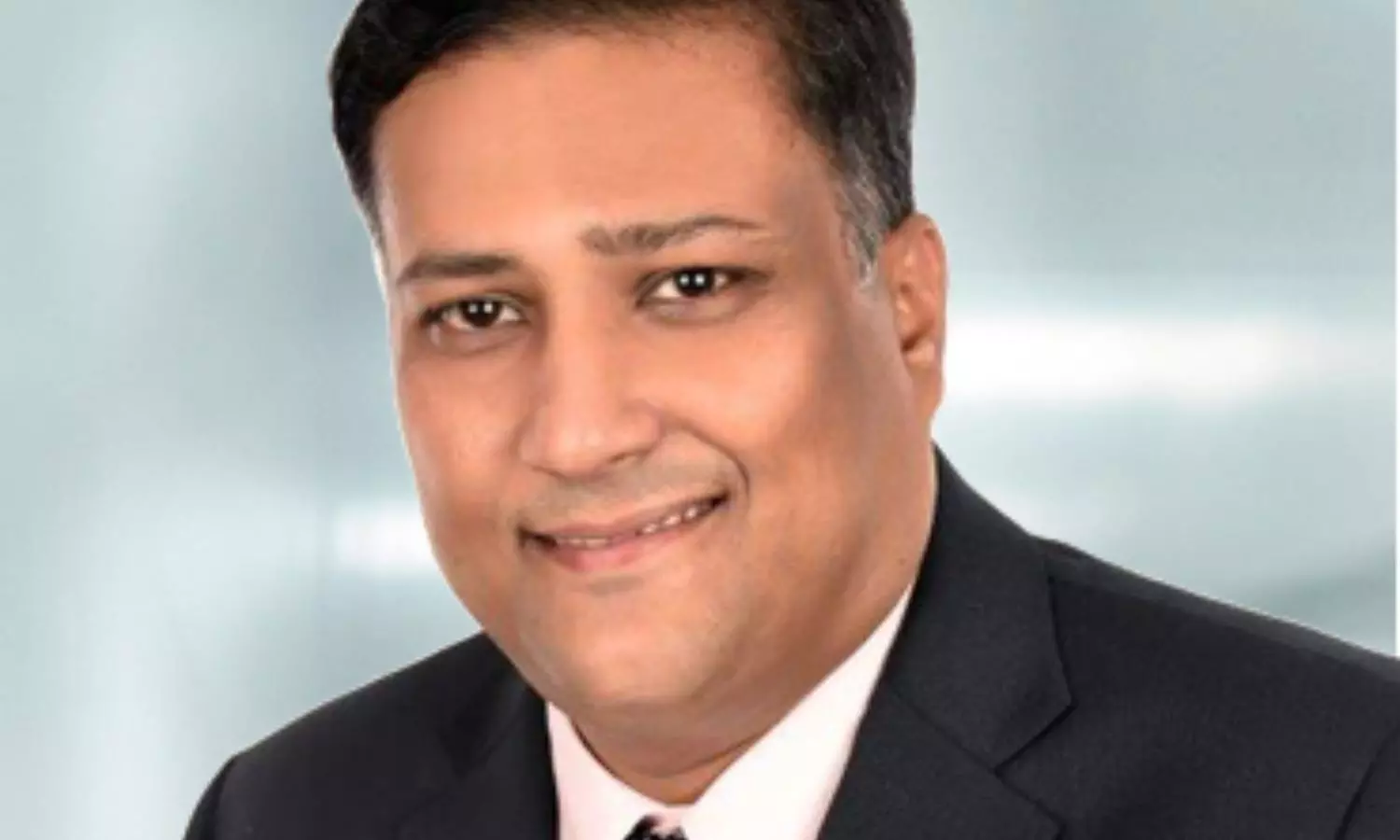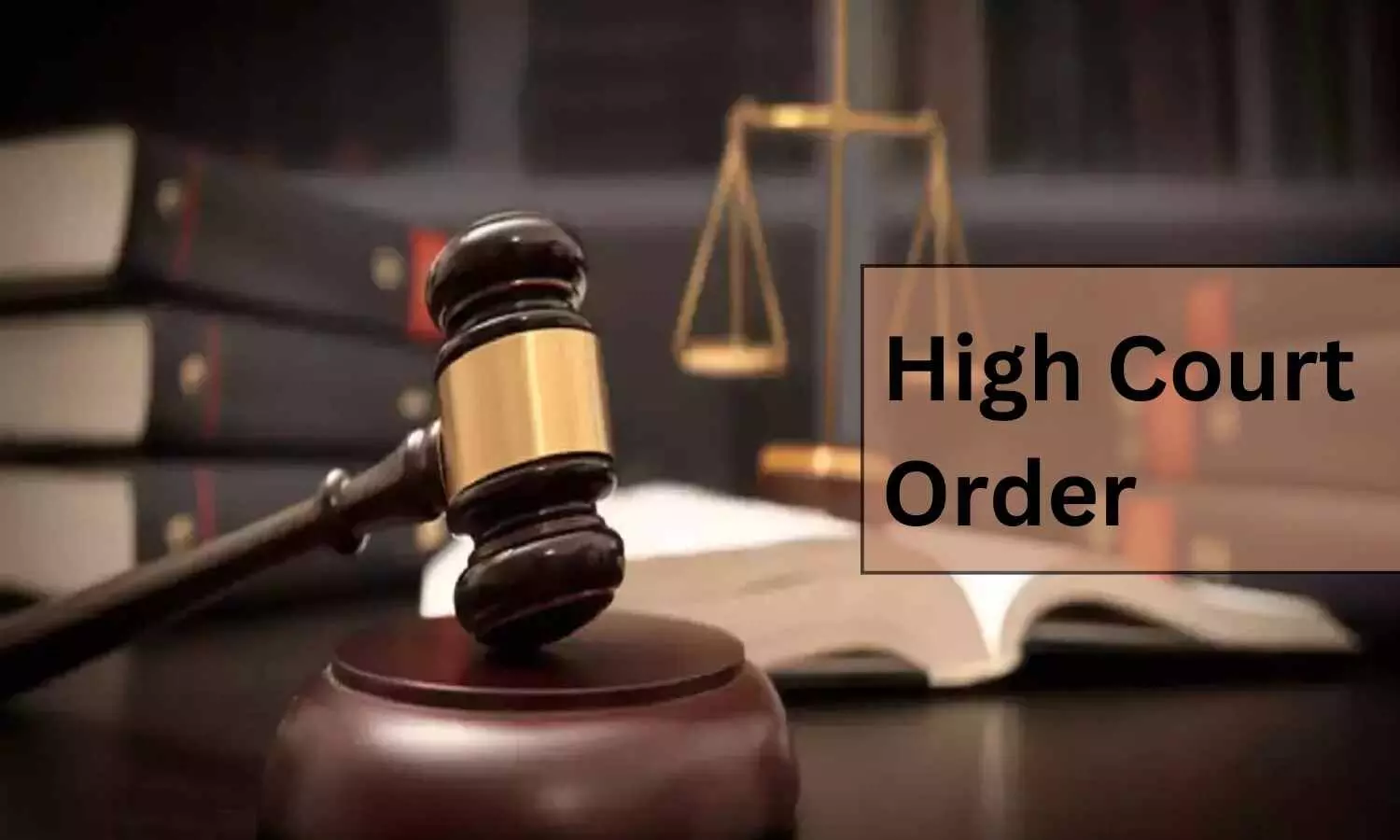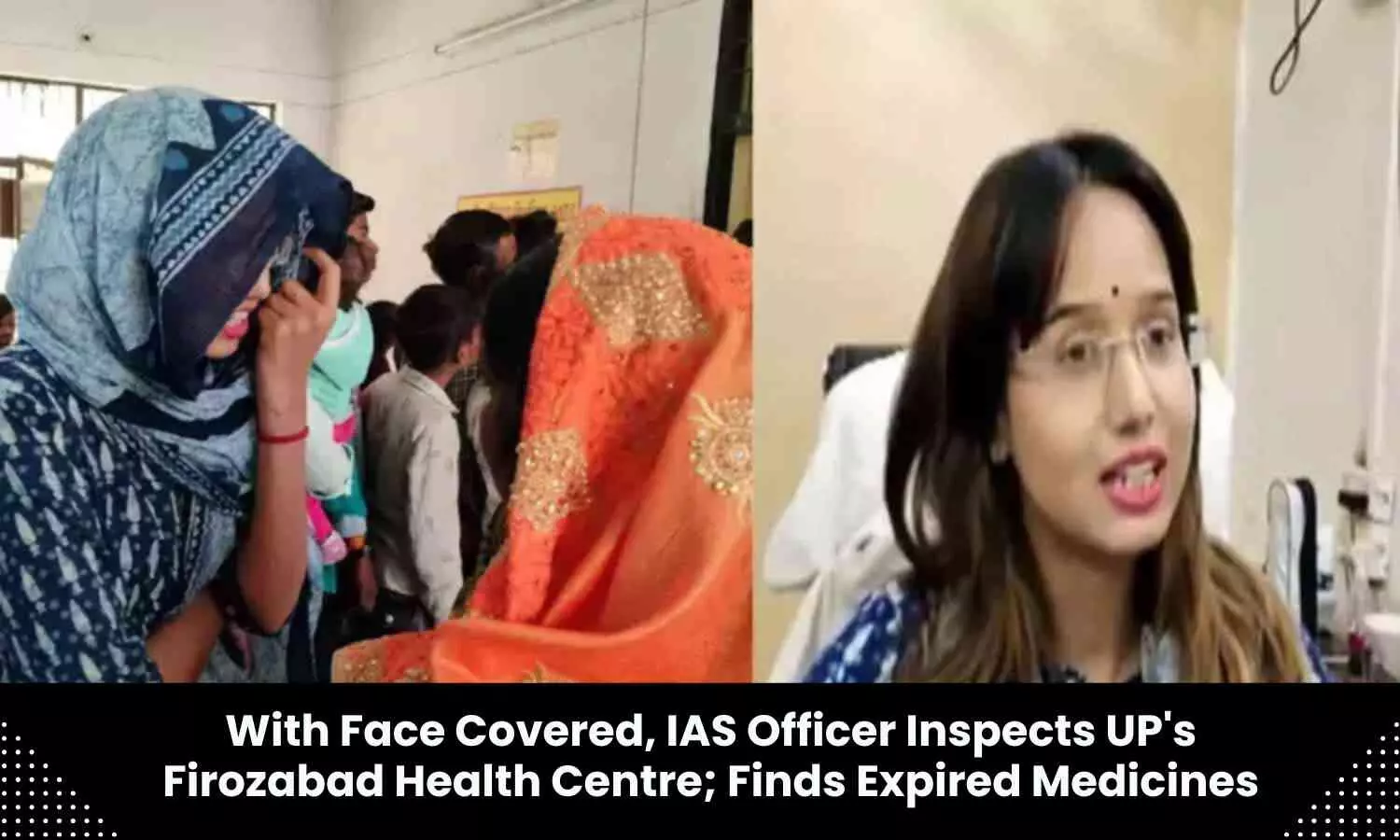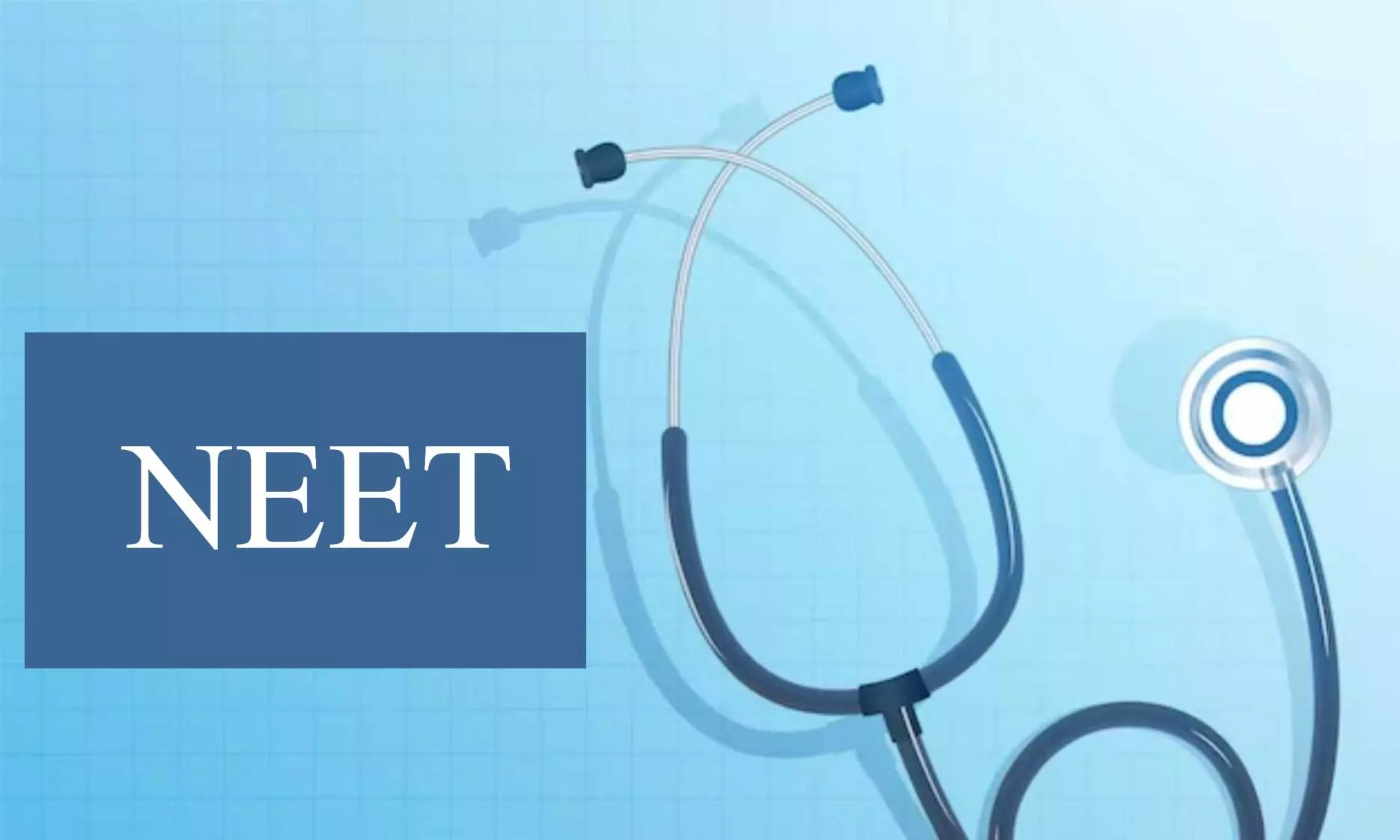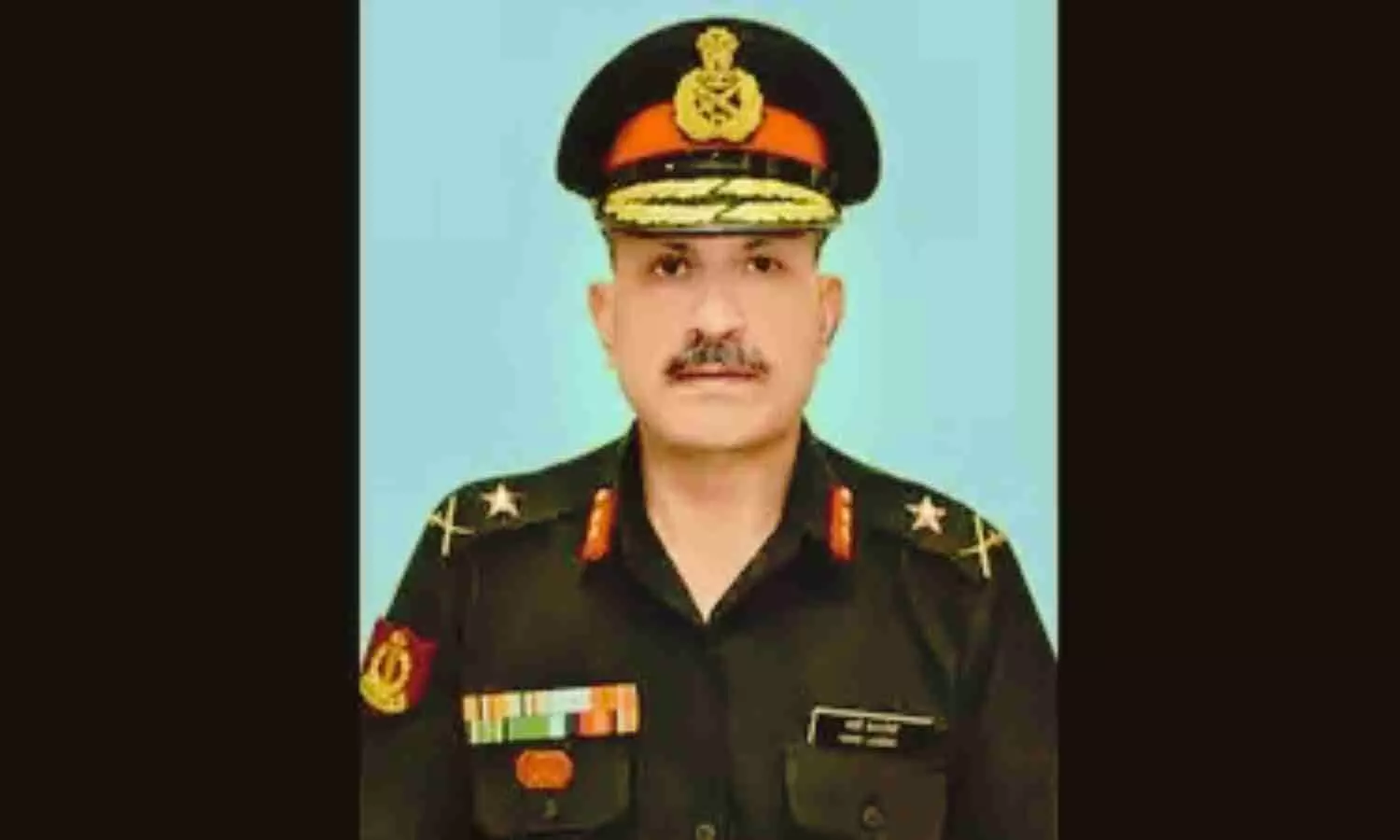HC relief: Doctor accused of abetting former fiance’s suicide over alleged dowry demand allowed to rejoin MS Orthopaedics course
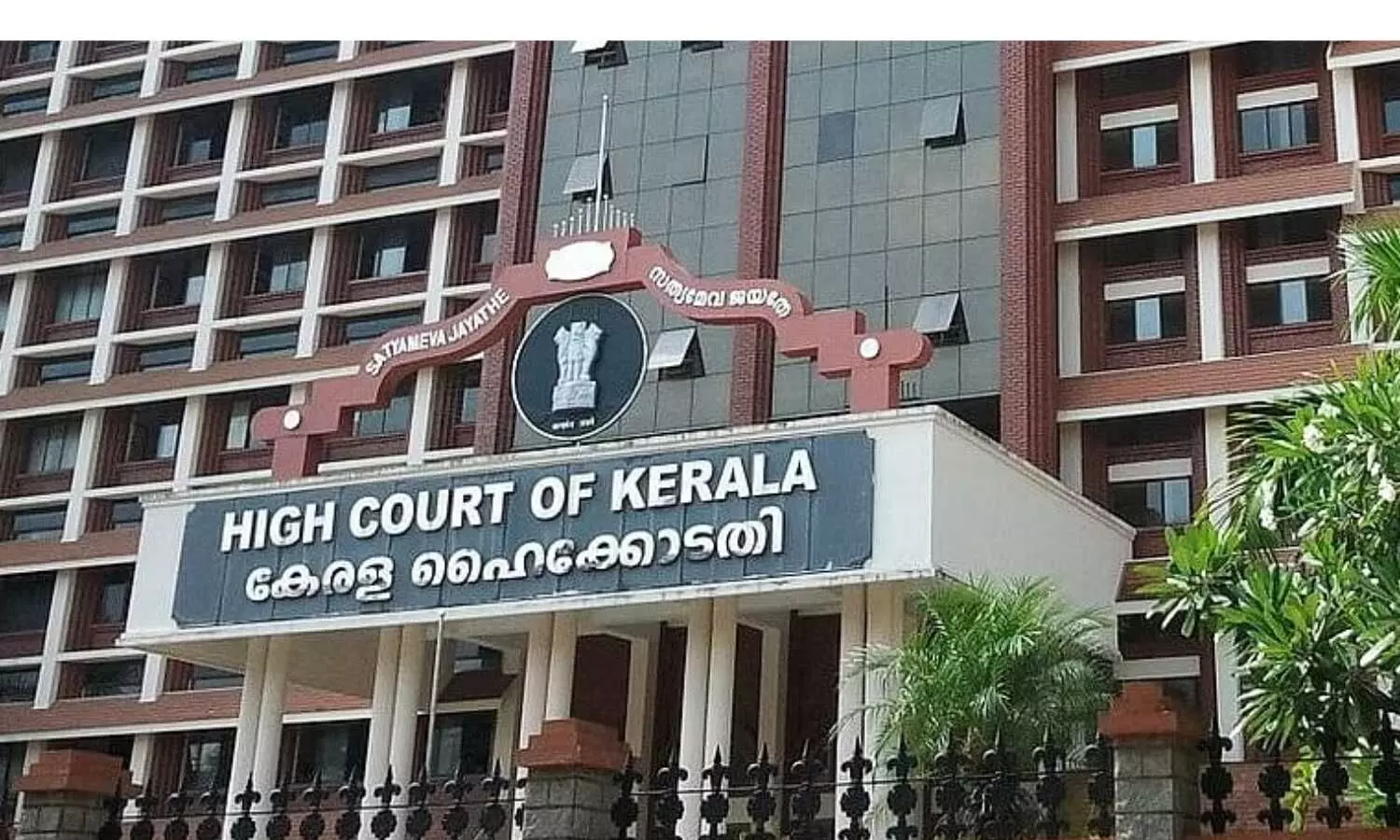
Ernakulam: Thiruvananthapuram-based doctor, who was booked last year for abetting the suicide of his former fiance by backing out of their marriage demanding exorbitant dowry, has been granted interim relief from the Kerala High Court, which has now allowed him to re-join his postgraduate medical course in MS Orthopaedics.
After his former fiance, a PG surgery medico, committed suicide, the doctor had been booked under Section 306 of the Indian Penal Code for Abetment of Suicide and Section 4 of the Dowry Prohibition Act 1961.
The doctor, who was pursuing his MS Orthopaedics course, also got suspended from the Government Medical College, Thiruvananthapuram. While considering his plea, the Court noted that even though the charges against him were serious, the charges had not been proven yet. Therefore, keeping him away from studies would result in irreversible damage.
“Taking into account the fact that the petitioner is only an accused in a crime, of course, the charges are serious, and that he had obtained admission on merit for the Post Graduate course, keeping him away from studies pending the enquiry or trial would place him in such a situation where the damage would become irreversible in case, the charges are not proved,” the Court mentioned in the order.
Medical Dialogues had earlier reported about the death of the 26-year-old young doctor, who was pursuing her postgraduate medical studies at the surgery department of the Thiruvananthapuram Medical College. The PG medico committed suicide by injecting a heavy dose of anaesthesia into her body.
The relatives of the deceased doctor claimed that the medico possibly committed suicide because her marriage was on hold. It was alleged that the former fiance of the PG medico had demanded a huge dowry for the marriage.
The relatives alleged that the groom’s family demanded Rs 50 lakhs, 50 sovereigns of gold and a car as dowry. Despite having financial difficulties since their father passed away a few months ago, the doctor’s family accepted the request. However, as per the statements of the relatives, the matter became twisted when the groom’s family started demanding more money and an expensive car and later backed out from the marriage after the doctor’s family cited their inability to provide the dowry.
Based on their statements, the accused, who is also a postgraduate doctor in the College, was taken into custody from Karunagappally. Earlier the State Health Department had suspended the accused doctor.
The Court noted that the petitioner had a relationship with the deceased doctor, who was also a PG medical student in the same Medical College and committed suicide on 04.12.2023. Thereafter, the accused doctor was arrested on 07.12.2023 and was released on bail by Court order dated 22.12.2023. Taking note of the arrest, the petitioner was suspended from the college.
While considering the doctor’s plea to allow him to continue his Postgraduate studies, the Court passed an interim order on 09.02.2024 directing the authorities to decide the request of the petitioner to revoke the suspension within two weeks.
Consequently, orders were passed on 02.03.2024 by the authorities, rejecting the petitioner’s request. While considering the request, the minutes of a committee meeting held on 21.2.2024 were also adverted to in which the Director of Medical Education had opined that the petitioner can be retained in college for a period of three months and a review can be done after that period, and if local issues are not solved within the said time frame, suspension period can be issued again. However, the Committee decided not to revoke the suspension order.
Taking note of these developments, the Court noted that considering the fact that the petitioner doctor was only an accused in a crime and that he had obtained admission on merit for the Post Graduate course,
“…keeping him away from studies pending the enquiry or trial would place him in such a situation where the damage would become irreversible in case, the charges are not proved.”
Meanwhile, the counsel for the Health University also submitted that the petitioner will not be allowed to appear for the examination if he does not have sufficient attendance required under the regulations.
Noting that it is trite that even convicts have certain fundamental rights despite being found guilty and also the fact that there is a presumption of innocence as far as an accused is concerned, the Court granted relief to the doctor.
“Taking into account the merit of the petitioner and the fact that irreversible loss will be caused if he is not allowed to continue his studies, by way of an interim order, I direct the respondents to permit the petitioner to re-join for the course forthwith by staying the operation of Ext.P1 and all the further proceedings including order dated 2.3.2024. …. The respondents will take such measures to avert any untoward incident in the college on account of the petitioner rejoining the course,” read the Court order.
To read the order, click on the link below:
https://medicaldialogues.in/pdf_upload/kerala-hc-order-dowry-234406.pdf
Powered by WPeMatico

